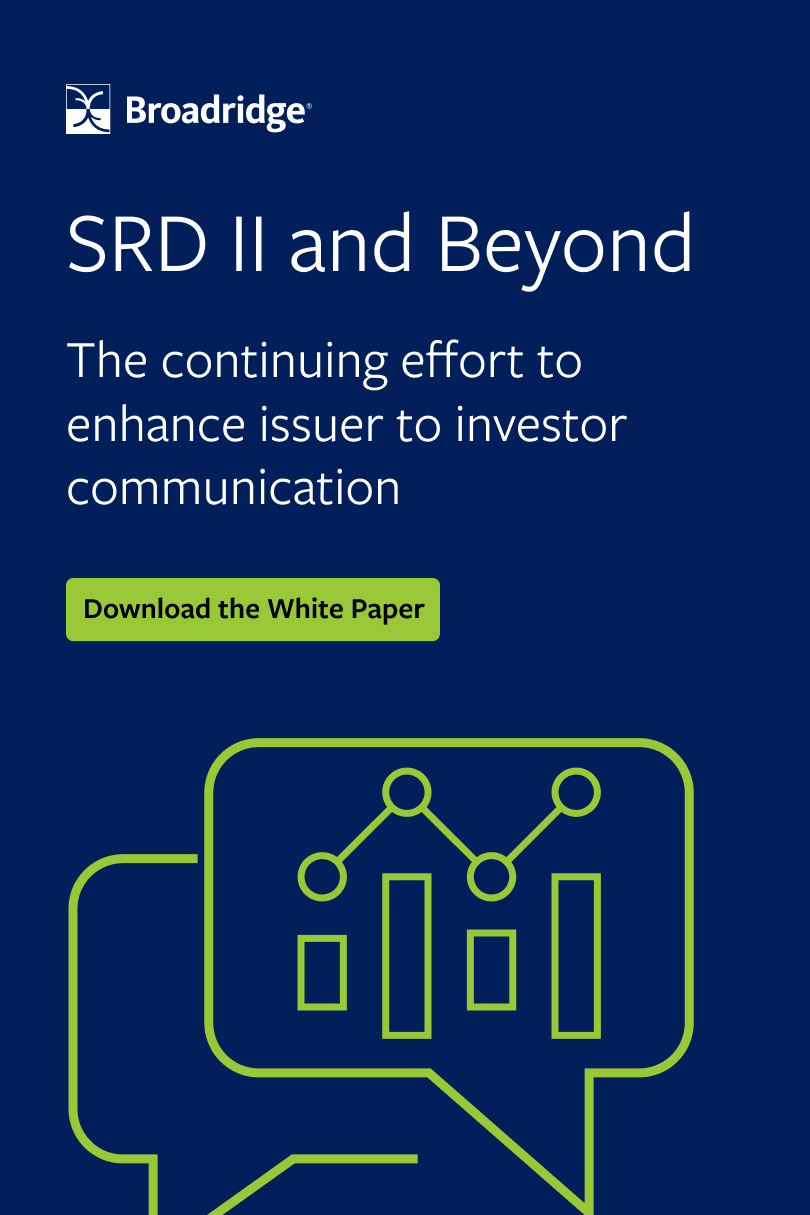On a recent flight home after a client meeting, I found myself thinking about what is really motivating global financial services companies in their decision making around technology and regulatory compliance.
In the highly competitive third-party administrator space, I think one of the primary motivators is the fear of revenue loss (really, it’s a motivator for every sector).
This in turn spurs the desire to increase revenue opportunities and create new avenues to offset the potential loss.
According to a recent PwC news release that discussed the need for global financial services companies to adopt financial technology, more than four in five financial services companies plan to increase fintech partnerships in the next three to five years, while 88 percent are concerned that they will lose revenue to standalone fintech companies, and that almost a quarter of their revenue is at risk.
The report also proposed that, as a result of this, there is a move for technology companies and financial services companies to increasingly work together in a symbiotic relationship.
By doing so, technology companies receive greater access to asset management clients and opportunities, and global financial services administrators can utilise fintech to finally overcome legacy technological and customer communication issues. Ultimately, this allows both organisations, or even multiple organisations, to work together to increase revenue opportunities for all. This relationship was spelled out in even greater detail in the PwC report, Redrawing the Lines: FinTech’s Growing Influence on Financial Services.
Global third-party administrators and asset managers are looking to fintech to help outsource some of their research and development and technology responsibilities so that they can bring their full enterprise solutions to production faster and provide new and expanded service offerings to their clients.
Working with the right fintech partner, they can do this more quickly, less painfully and without the need to hire increased staff to maintain and manage the technology.
A good example of this type of partnership occurring now is within a subset of fintech known as regtech. Regtech focuses on technologies that ease compliance with regulatory requirements through data-centricity, speed and agility.
Currently in the US, with the US Securities and Exchange Commission modernisation rules moving ahead, asset management firms are making key decisions around whether to insource or outsource the functions required to support the new Form N-PORT and Form N-CEN, as well as the Regulation S-X changes.
In this landscape, administrators that differentiate themselves in key areas such as those outlined below, will discover increased opportunity for organic revenue streams:
Technology platforms: By providing portal and user experience consistency, powered by best-of-breed technology, global third-party administrators can offer a more controlled, secure and efficient process to their clients. This in turn allows them to reduce overall costs internally, while increasing the potential volume of funds and services they can take on.
Additional service offerings: Ancillary and separate offerings around reporting and data augmentation (to name a few) allow a full end-to-end service model that includes every aspect of the day-to-day operations and obligations of firms. Full service offerings position administrators as trusted partners who can solve additional, adjacent problems to alleviate back-office strain.
Data package availability: As the need for more and more data continues to be the new normal, firms are looking to their service providers as a source, and this provides additional service opportunities. Providing this valuable resource to clients provides new service offerings for data consumption and use downstream.
Third-party administrators are moving toward monetising the services to support SEC modernisation, and there are key opportunities for them to increase revenue streams through a mix of services and best-of-breed third-party technology. By incorporating regtech into their enterprise-wide technology strategy, they can help to offset the costs of maintaining the regulatory schema, filing and the rapidly changing requirements from regulators such as the SEC. By ‘outsourcing’ those functions to regtech providers, they reduce costs while also increasing revenue opportunities and gains from the enhanced services and technology offerings. Firms that avoid change and continue to provide traditional services with traditional man-power will fall behind.
The disruptive forces of fintech and regtech in the financial services industry is becoming a critical component of a global, enterprise platform strategy and are being adopted by administrators and asset managers alike, with plenty of room for partnership.
Firms that embrace this disruption just might find it to be the key differentiator that increases revenue and provides the win to expand their existing services and client base.



